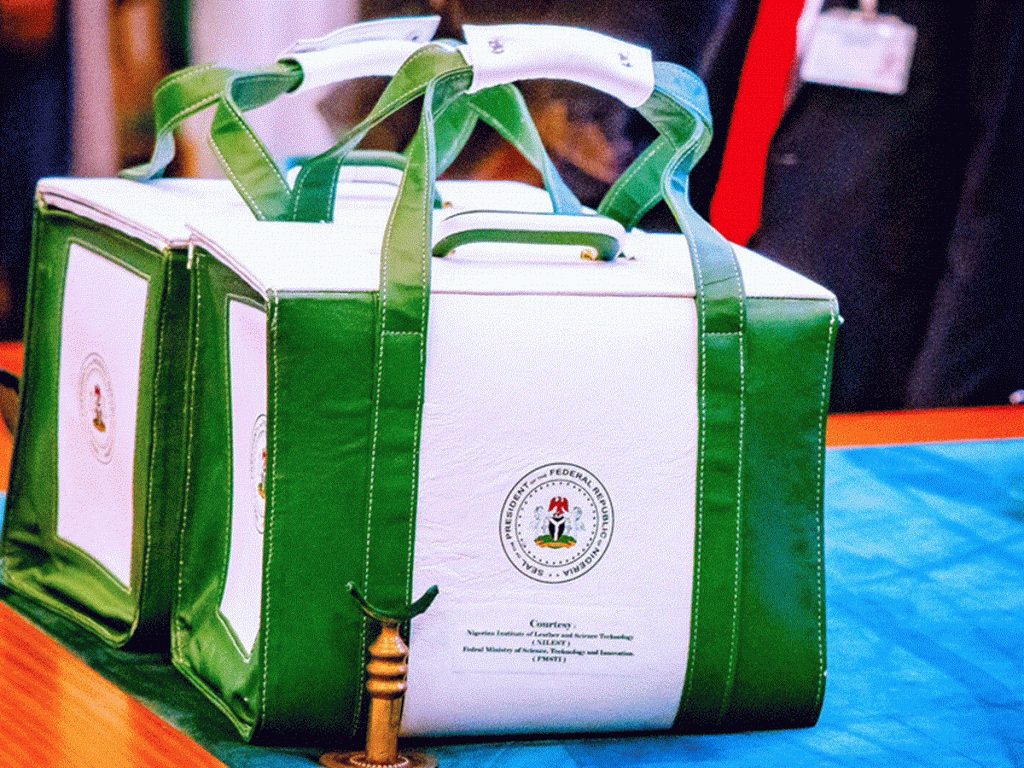Atiku Abubakar, the Peoples Democratic Party’s 2023 presidential contender, has slammed the 2025 budget proposal, claiming that President Bola Tinubu is repeating the borrowing errors made by his predecessor, Muhammadu Buhari.
Atiku, who criticised the budget, claimed that it lacked the budgetary restraint and structural changes required to handle Nigeria’s intricate economic problems.
Atiku voiced concerns in a statement issued on Sunday over the budget’s capacity to address the country’s enduring problems or foster sustained economic growth.
President Bola Ahmed Tinubu gave a joint session of the National Assembly a budget proposal for 2025 worth N47.9 trillion on Wednesday.
Defence and security receive N4.91 trillion, infrastructure receives N4.06 trillion, health receives N2.48 trillion, and education receives N3.52 trillion in the proposed budget.
Atiku criticised the proposed budget, saying it continued “business-as-usual” fiscal policies, which he said had continued since 2016 under the administration led by the All Progressives Congress.
According to him, these actions have resulted in recurring budget deficits and a growing reliance on borrowing from outside sources.
The administration intends to obtain more than N13 trillion in additional borrowings, including N9 trillion in direct loans and N4 trillion in project-specific funding, to close this budget deficit.
“This borrowing strategy is similar to the methods used by previous administrations, which will result in growing public debt and exacerbate the risks associated with interest payments and exposure to foreign exchange,” Atiku stated.
The former vice president drew attention to the budget’s reliance on deficit financing, pointing out that it estimates N48 trillion in spending against a projected N35 trillion in revenue, leaving a deficit of more than N13 trillion, or 4% of the nation’s GDP.
Atiku condemned the 2024 budget’s dismal performance, claiming it was an indication of inadequate execution skills.
Despite claims of 85% budget execution, fewer than 35% of the capital expenditures allotted to ministries, departments, and agencies had been distributed by the third quarter of 2024. This calls into question how well the 2025 budget will be implemented.
“The structural changes and fiscal restraint needed to address Nigeria’s complex economic issues are absent from the 2025 budget. Instead of continuing unsustainable borrowing and recurring spending patterns, the administration should prioritise addressing contract inflation, cutting down on government operational inefficiencies, and concentrating on long-term fiscal sustainability to increase its credibility.”

Additionally, he expressed his displeasure with the N15.8 trillion (33% of total spending) allotted to debt servicing, pointing out that it is almost equivalent to the N16 trillion (34%), which is the anticipated capital investment.
“This imbalance feeds a cycle of rising borrowing, crowds out necessary investments, and threatens fiscal stability.”
Atiku claims that the government’s recurring spending, which makes up more than N14 trillion (30%) of the budget, is still excessively high.
According to him, this is a result of the ongoing operation of ineffective state enterprises and an excessive bureaucracy, which leaves little money for development initiatives.
“After accounting for debt servicing and recurrent expenditure, the remaining funds for capital spending—representing 25% to 34% of the total budget—are insufficient to address Nigeria’s infrastructure deficit or stimulate growth,” he hinted, underscoring the insufficiency of capital spending.
“For a nation struggling with weak economic growth and underdeveloped infrastructure, this amounts to an average capital allocation of N80,000 (about $45) per capita, which is insufficient.”
He lambasted the administration for raising the VAT rate from 7.5% to 10%, claiming that it was a regressive move that would hinder economic growth and worsen the cost-of-living crisis.
“The government risks stifling domestic consumption and worsening economic hardship by imposing additional tax burdens on an already struggling populace without addressing inefficiencies in governance,” Atiku stated.
Atiku urged a change to fiscal policies that are more growth-oriented and disciplined, highlighting the necessity of reducing waste, improving the effectiveness of public spending, and giving priority to investments in vital areas.
In his closing remarks, he urged the administration to reconsider its borrowing policy and implement changes meant to achieve long-term economic expansion and budgetary sustainability.


